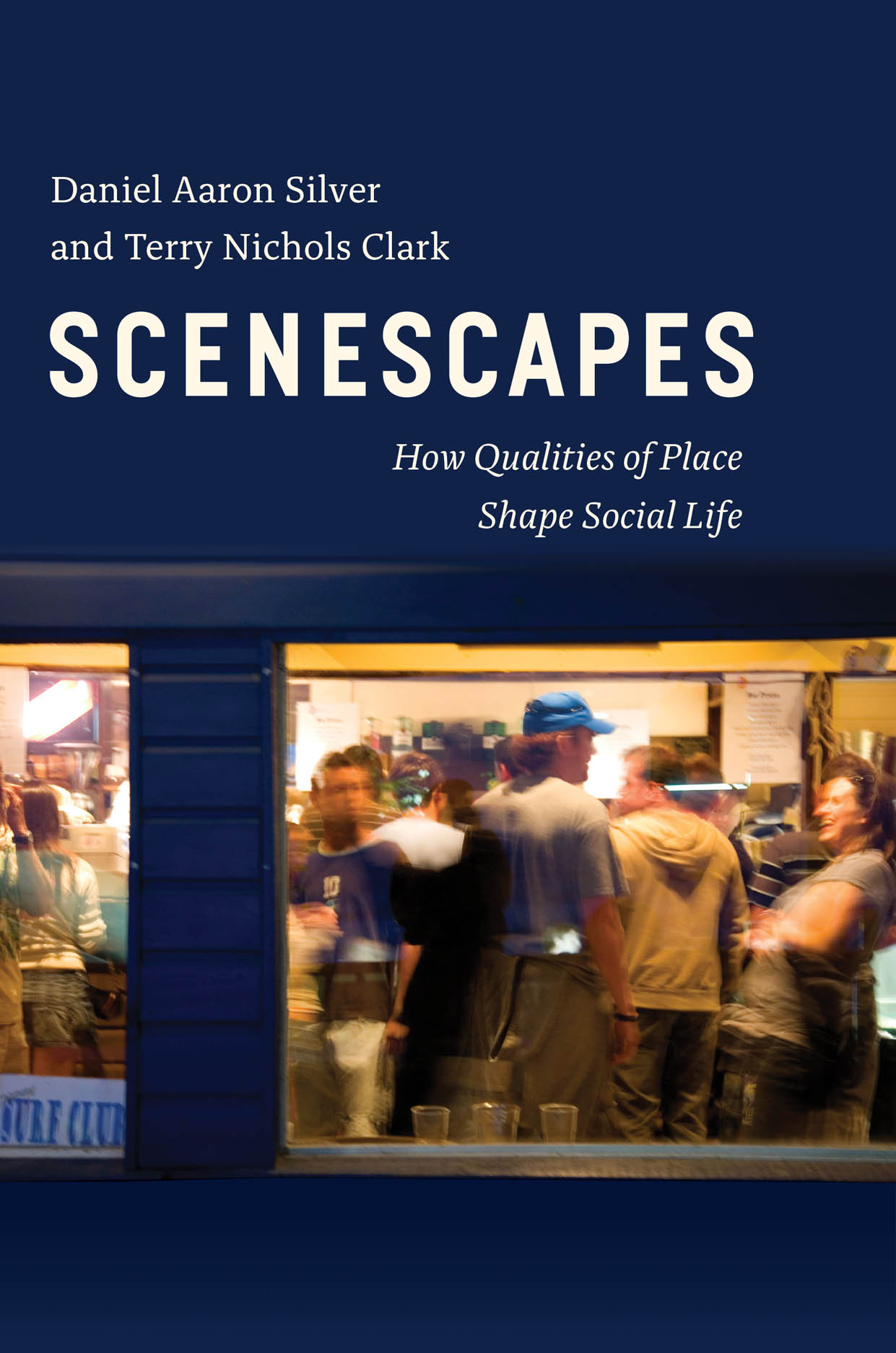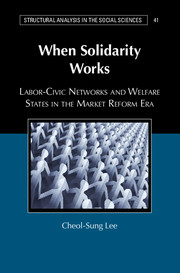PLEASE NOTE THAT ALL NOMINEES MUST BE REGISTERED MEMBERS OF THE ASA TO BE CONSIDERED FOR SECTION AWARDS
Political Sociology Section Distinguished Contribution to Scholarship (Book) Award
Deadline: 3/15/2017
This award is given annually to the outstanding recent book in political sociology (we will not consider edited books for this award). To be eligible, the book must have a 2016 copyright date. The selection committee encourages self-nominations or suggestions of work by others. Nominations from publishers will not be accepted. To nominate a book for this award: 1) send a short letter (via e-mail) nominating the book to each committee member below and 2) have a copy of the book sent to each committee member, at the addresses below. Winners will be notified and announced prior to the ASA meetings allowing presses to advertise the prize-winning book. The deadline for nominations is March 15, 2017.
Committee
Dana Fisher, Chair, University of Maryland, drfisher@umd.edu
2112 Parren Mitchell Art-Sociology Building, 3834 Campus Drive, College Park, MD 20742
Elizabeth Popp Berman, University at Albany, epberman@albany.edu
Sociology, University at Albany, SUNY, Albany, NY 12222
Elizabeth Holzer, University of Connecticut, Elizabeth.holzer@uconn.edu
Sociology Dept & Human Rights Institute, University of Connecticut, 344 Mansfield Road, Storrs, CT 06269
Rima Wilkes, University of British Columbia, wilkesr@mail.ubc.ca
Sociology, 6303 NW Marine Drive, University of British Columbia, Vancouver, British Columbia V6T 1Z1, Canada
Political Sociology Section Distinguished Contribution to Scholarship (Article or Book Chapter) Award
Deadline: 3/15/2017
This award is offered annually for the outstanding recently published article or chapter in political sociology. To be eligible, submissions must have a 2016 publication date. The selection committee encourages either self-nominations or suggestions of work by others. (Please note that each author may have only one article nominated.) A brief nomination letter and a copy of the article or chapter should be sent to each selection committee member at the e-mail address below.
The deadline for nominations is March 15, 2017.
Committee
Amy Binder, Chair, University of California, San Diego, abinder@ucsd.edu
Sandra Levitsky, University of Michigan, slevitsk@umich.edu
Nina Eliasoph, University of Southern California, eliasoph@usc.edu
Carly Elizabeth Schall, IUPUI, cschall@iupui.edu
Political Sociology Section Best Graduate Student Paper Award
Deadline: 3/15/2017
This award is offered annually for the best graduate student paper in political sociology. Persons who were graduate students at any time during calendar year 2016 are invited to submit published or unpublished papers for this award. To be eligible, papers must be either single authored or co-authored by two or more graduate students. Articles co-authored (and/or subsequently published jointly) by a faculty and a student are not eligible. Please note that each author may have only one article nominated. A brief nomination letter and a copy of the article or chapter should be sent to each selection committee member at the e-mail addresses below. The deadline for nominations is March 15, 2017.
Committee
G. Cristina Mora, Chair, University of California, Berkeley, gcristinamora2@gmail.com
Jennifer Hsu, University of Alberta, jhsu@ualberta.ca
Bin Xu, Emory University, bin.xu@emory.edu
Cristina Lacomba, Harvard University, cristina_fernandez-gutierrez@gse.harvard.edu

